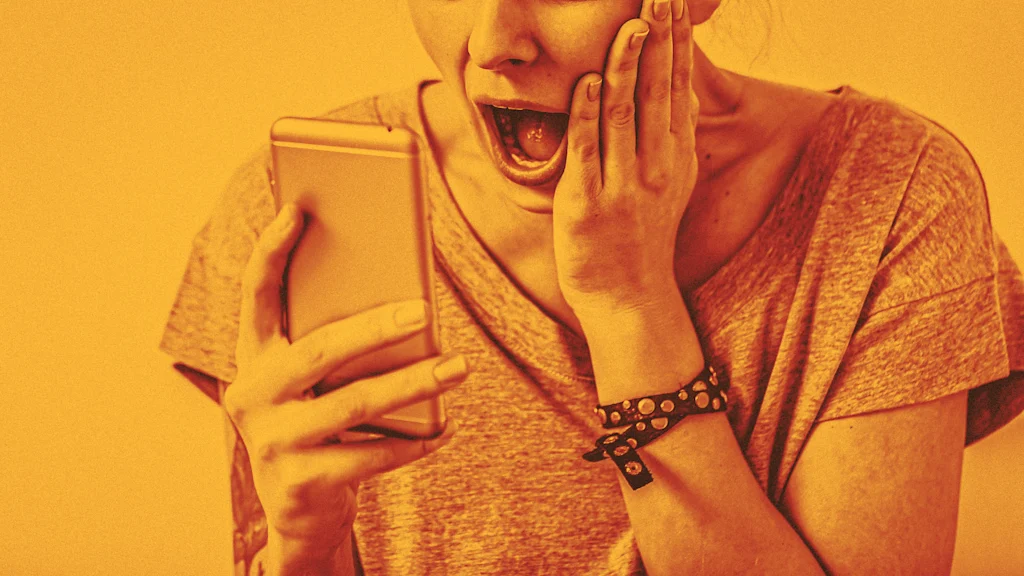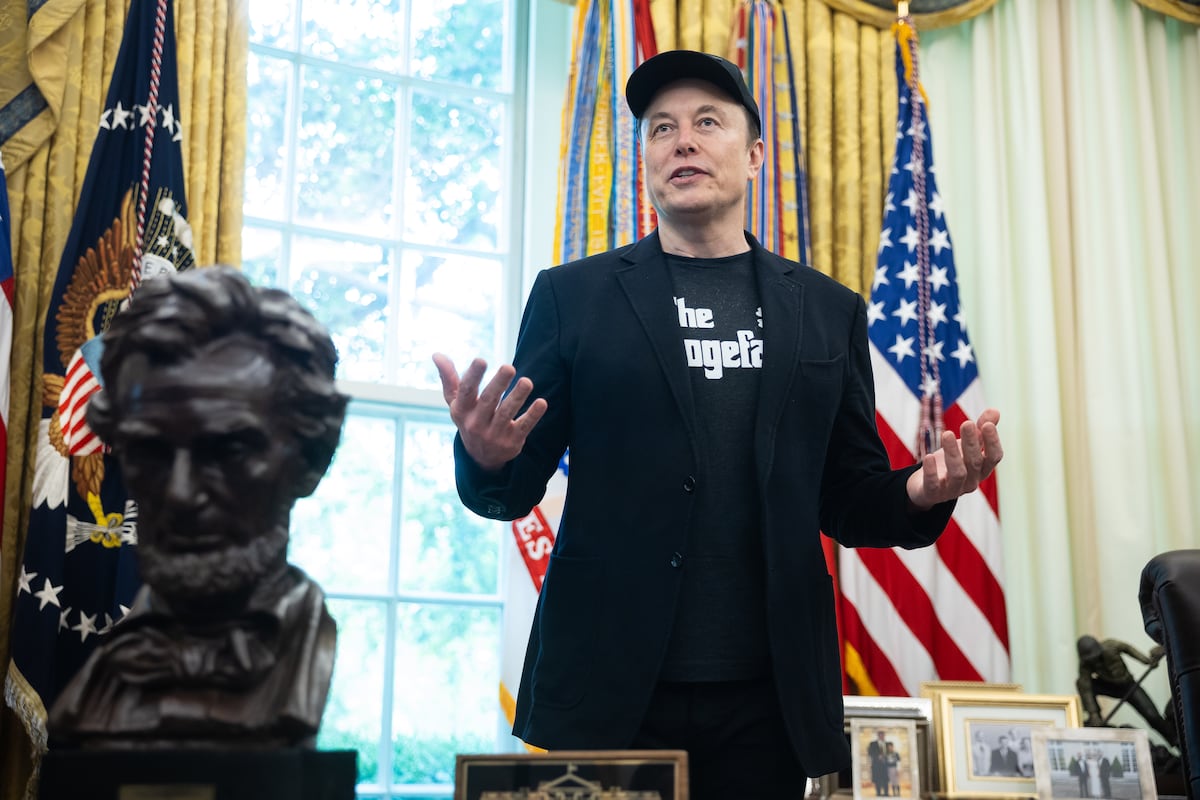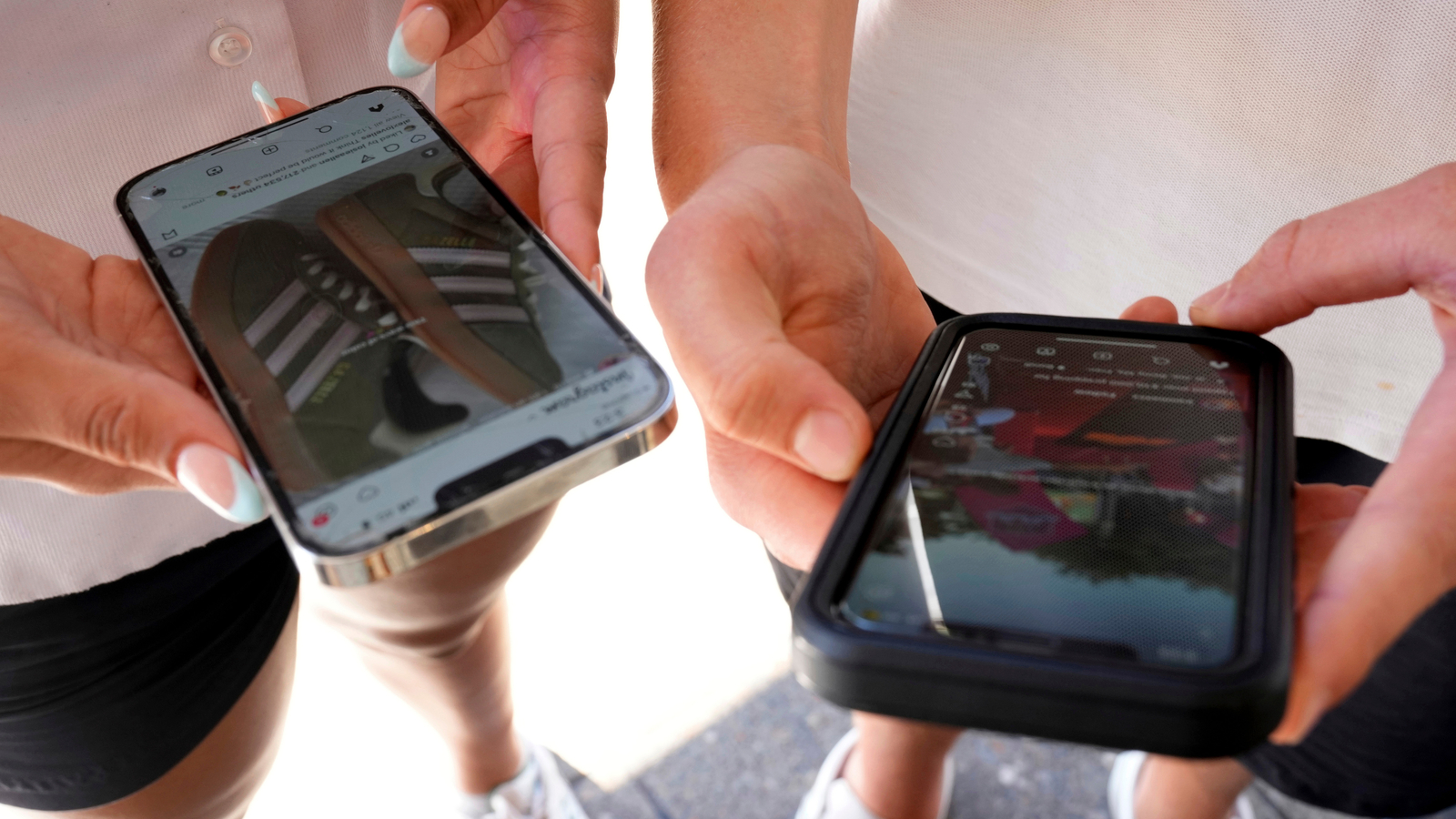fromConsequence
4 days agoA Disinformation Network Drove Taylor Swift Discourse in 2025 -- And You Might Have Helped: Report
As Rolling Stone reports, the theory of Nazi identification was tied to such flimsy evidence as a lightning-bolt necklace that maybe-kinda-sorta looks like an SS symbol, or fixating on an out-of-context use of the word "savage" in the song "Eldest Daughter." The campaign began in places like 4chan but quickly went mainstream, relying on a stan army as well as argumentative normies to give the theory an algorithmic boost.
Music




